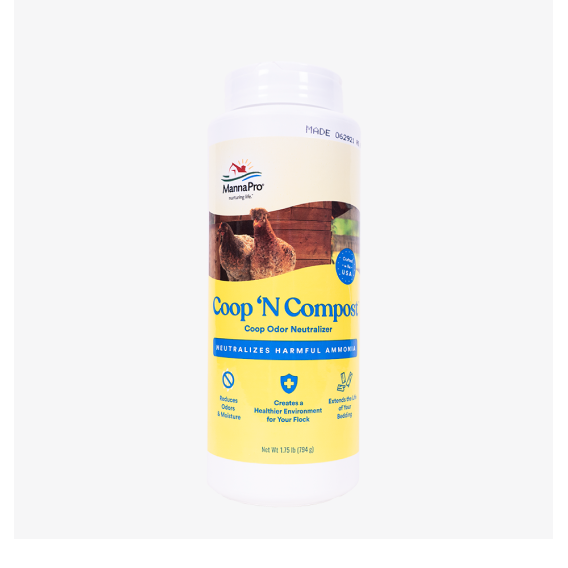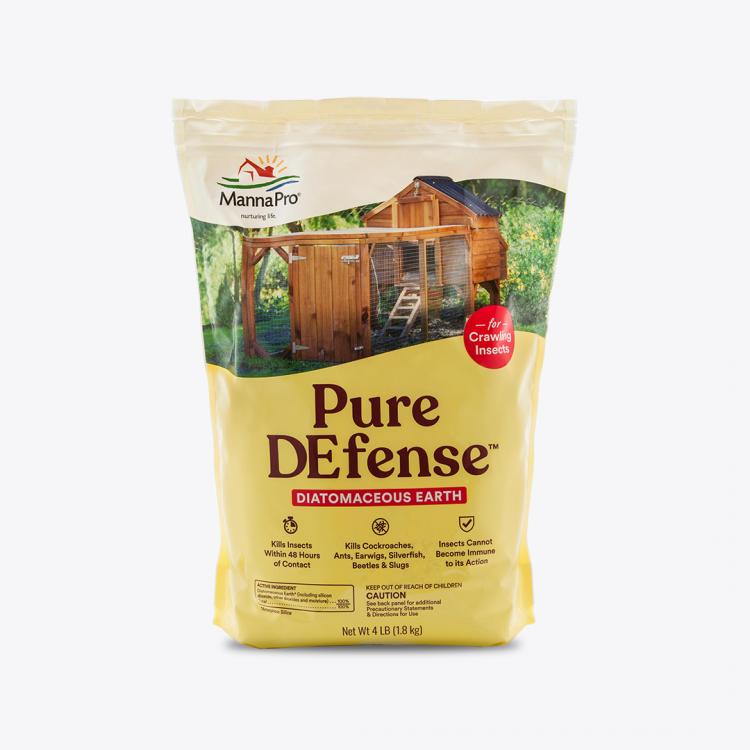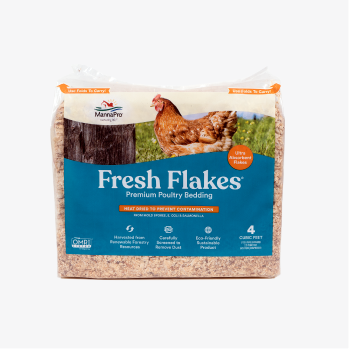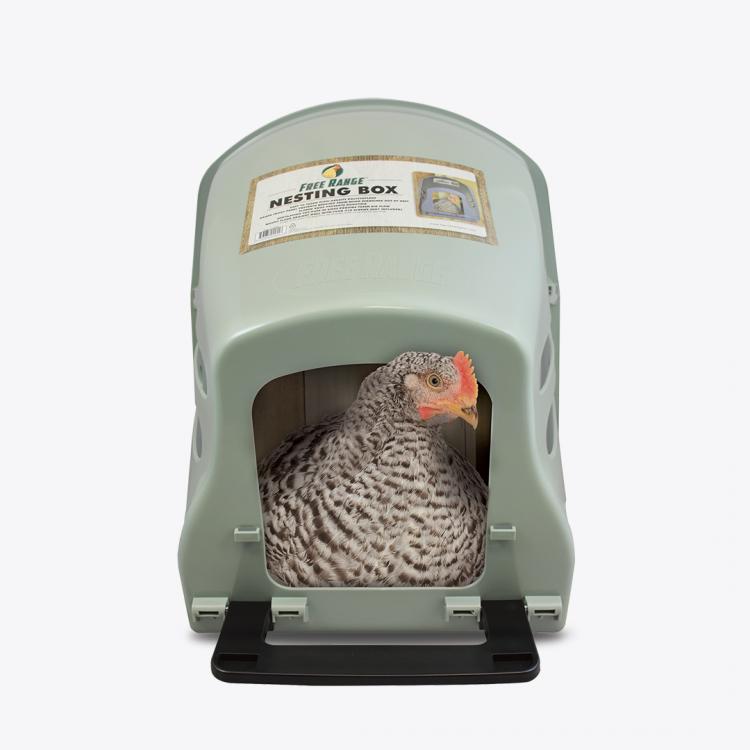Posted by Melissa Caughey, Mon, May 18, 2015
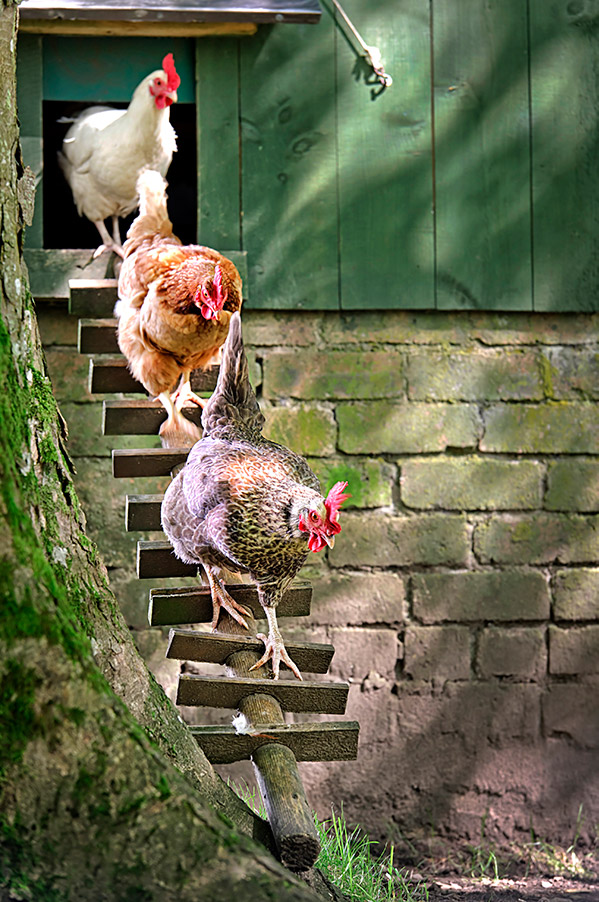
There are many ways to care for your flock, but one of the best things you can do to keep them healthy, thriving, and laying eggs is to provide them with a neat and tidy home.
Whether you have a large or small coop, there will be some daily maintenance and a need for deep cleanings at least a few times per year. This comes with caring for a flock of backyard chickens. There are a few reasons why this is important. They include promoting general health, maintaining good air quality and preventing pests.
Chickens have very sensitive respiratory systems. It is important to provide them with good air quality and proper coop ventilation. Air quality can be affected by increased ammonia levels and poultry dust. Chicken droppings naturally contain ammonia, which can easily build up to toxic levels if the litter is not managed appropriately. Droppings can also spread poultry diseases.
Chickens generate dust. Poultry dust is comprised of dander (dead skin), feathers, litter and bird droppings. Over time, it can coat and blanket everything in the coop. As chickens move about the coop, the dust can become airborne and lead to serious respiratory issues and illness.
Chickens, like dogs and cats, are also prone to pests. Some common chicken pests include poultry mites, fleas, lice and ticks. These nearly microscopic predators feed on the bodies of your flock and often use the chickens’ housing and bedding materials for reproduction and to perpetuate their life cycle. It is important to address these tiny bugs because they can cause great damage. If left unchecked, large pest populations can lead to anemia, illness, decreased egg production and even death. Chickens naturally try to combat pests by taking dust baths. The good news is that chicken housekeeping is very easy! It begins with regular coop tidying practices.
On a daily basis, clean out the waterer and provide the chickens with fresh water and feed. Then, do a general tidying of the nesting boxes and coop. On a weekly basis, clean the feeders.
On a monthly basis, we inspect each flock member for pests. We look over their entire bodies, paying special attention to the areas under their wings, by their fluffy bottoms and around their vents. These are the places where pests love to live. If we happen to discover any, we simply mist them with Manna Pro® Poultry Protector™. We don’t worry about using this product on our flock, as it is all-natural and nontoxic. Plus, there is no egg withdrawal time like there is with some of the other products on the market. When we do discover pests, we also do a deeper coop cleaning.
At regular intervals throughout the year, depending on your coop and flock size, good deep cleanings are necessary. Wearing work clothing and a mask, rake out all the litter from the coop and nesting boxes. Try turning this soiled litter into wonderful compost for the yard and gardens. Next, do a good dusting. A shop vacuum works great for this. We have a small one designated just for our flock. It easily helps us remove all the cobwebs from up in the rafters. Next, wipe down the walls, nesting boxes, and roosts with a coop cleaner or 10% bleach solution and let everything dry. Once the coop is dry, try misting the nesting boxes and roosts as well as the coop’s corners with Manna Pro Poultry Protector. Lastly, replace all the litter and bedding in the nesting boxes and on the floor. When done, be sure to wash yourself and launder your coop cleaning clothing.
